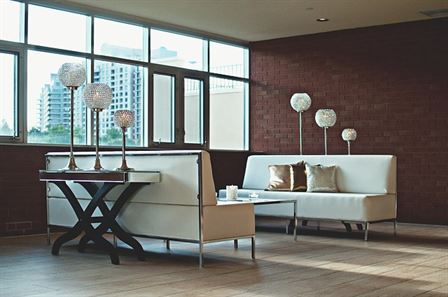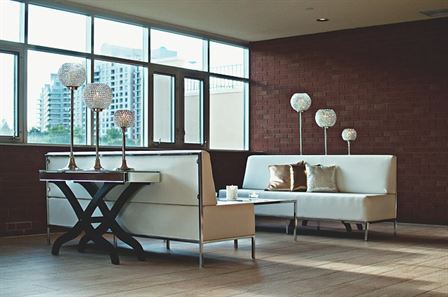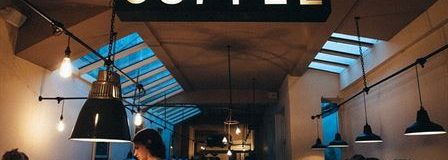
Television shows, movies, and even real life suggest an alternative choice to the expensive cost of living in Australia. Adults, both working class and university students, choose to live with others to have cheaper house bills than living alone.
Just like a scene from How I Met Your Mother or FRIENDS, a number of characters lived together to be able to pay lower house bills. They also have each other’s company. The same goes for real life, specifically in Australia. The country, especially the city proper, are known with skyrocketing real estate prices. This leaves residents to resort in “co-living” spaces.
What are “Co-Living” Spaces?
Co-living spaces are the 21st-century version of dormitory living for the working class and university students. This style of living emerged due to the push for people in the city to have an alternative to expensive real estate, social isolation, and environmental pressures. In other words, it’s the residential counterpart of co-working spaces, but still parallel to traditional concepts like boarding houses or university accommodation.
The inside of co-living spaces is like a dormitory — there are private rooms and large common areas for tenants. The prices, however, are the same compared to market rent. There are also other co-living spaces that cost higher, but already includes billing, such as all utilities and internet. On top of that, it offers flexibility; tenants are able to stay for both short and long-term.
“You get to have your own personal space but you’re not too isolated,” Fadzai Manungo, a 23-year-old medical student who recently moved to a co-living space in January, told the Sydney Morning Herald. “I like that I get to pick and choose – nothing is forced on me when I feel like I need quiet time.”
Making it a business
Leasing a building or huge property for the developer of co-living spaces can offer opportunities for property owners.
Co-living spaces is a growing trend all over the world. In Australia, Stanmore and Newtown already opened up co-living spaces seven months ago, while Glebe and Randwick scheduled to open next year.
“Millennials are very much drawn to this, those with some disposable income, out of university but craving the social aspect they used to get in their university college or share house,” Rebecca Dracup, an environmental engineer at Stantec-owned Wood and Grieve Engineers, told the Sydney Morning Herald.
Passive income is a great way to earn money on the side, or even side hustle to fund your other ventures. One way of letting developers notice your property is listing it to a business listing from a well-known real estate firm.
National Brokers Network offers the same quality and business practices as before. We ensure everything under our Property For Sale Australia listings receive maximum reach and exposure across different media platforms.
Start receiving offers. Contact us through the following to expose your property to interested buyers.
Phone: 03 9226 9222
Fax: 03 9078 6315
Email: 03 9078 6315
Contact Form: https://www.nationalbrokersnetwork.com.au/contact



